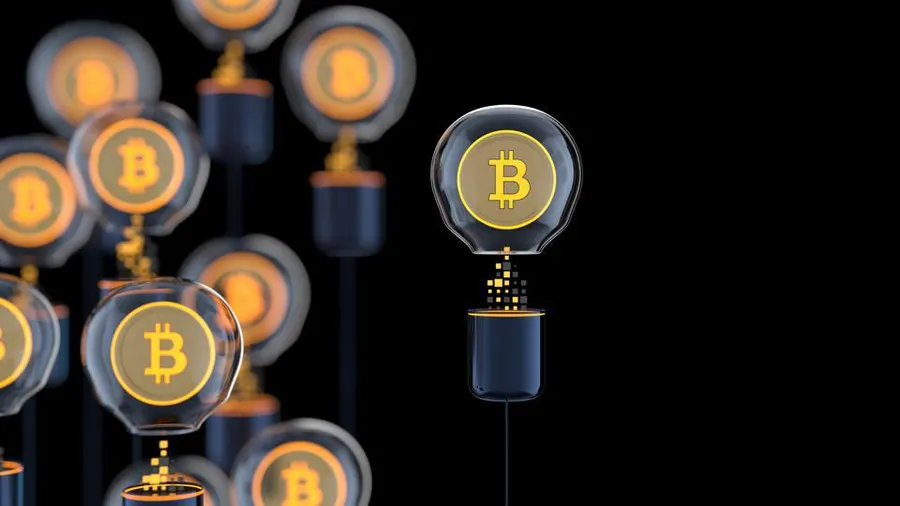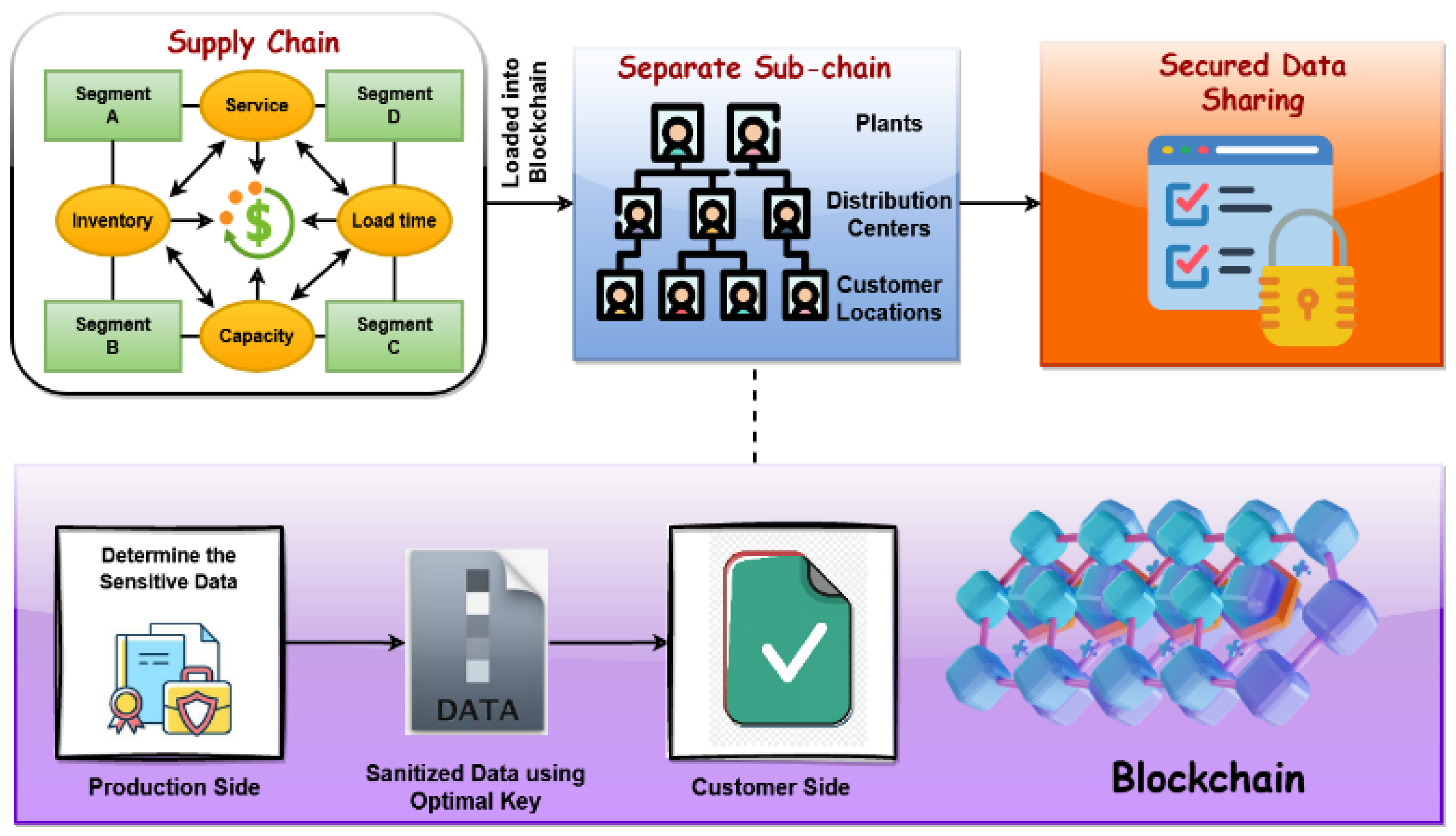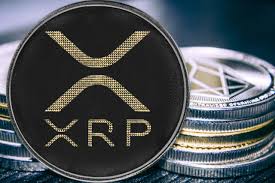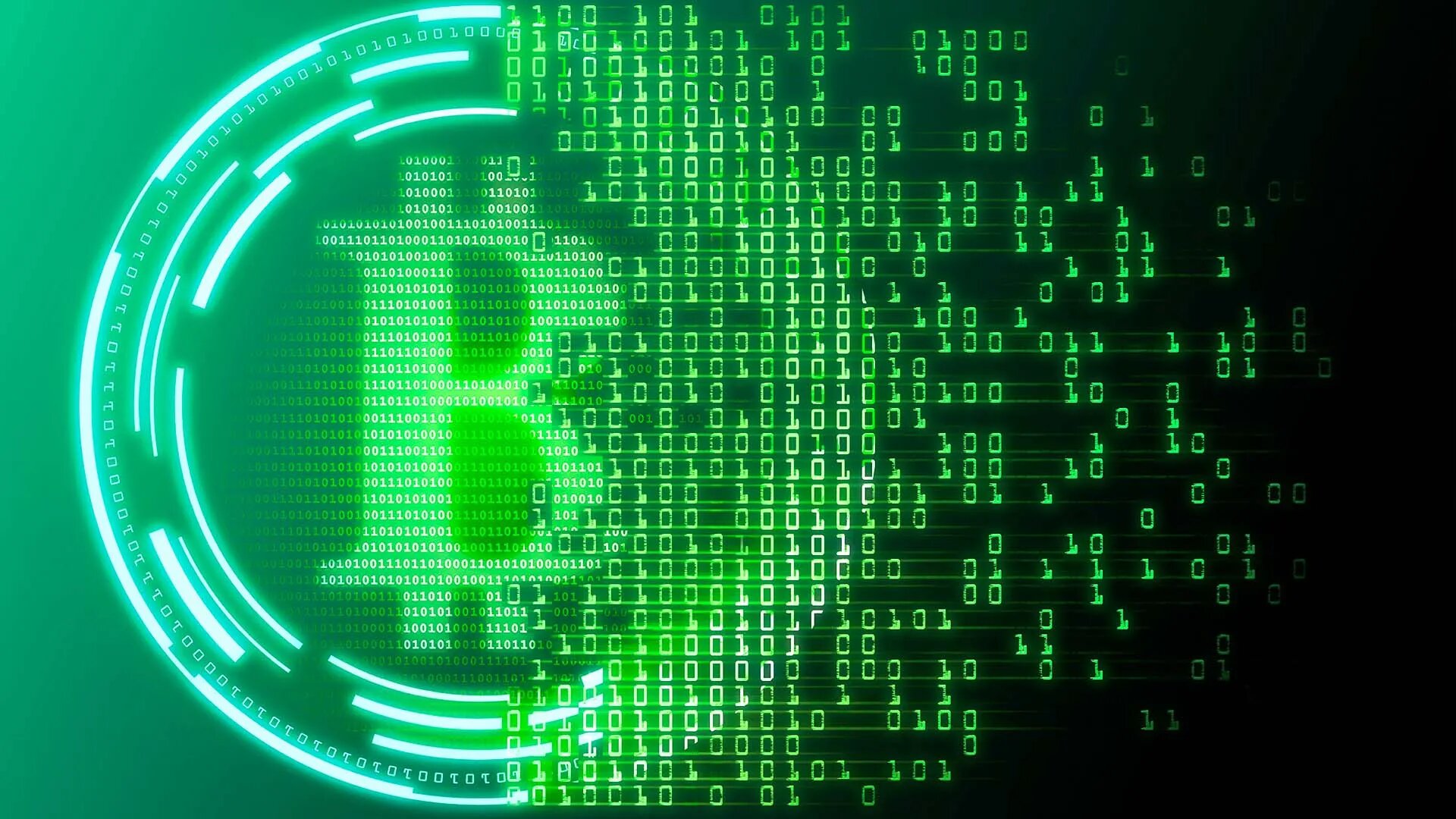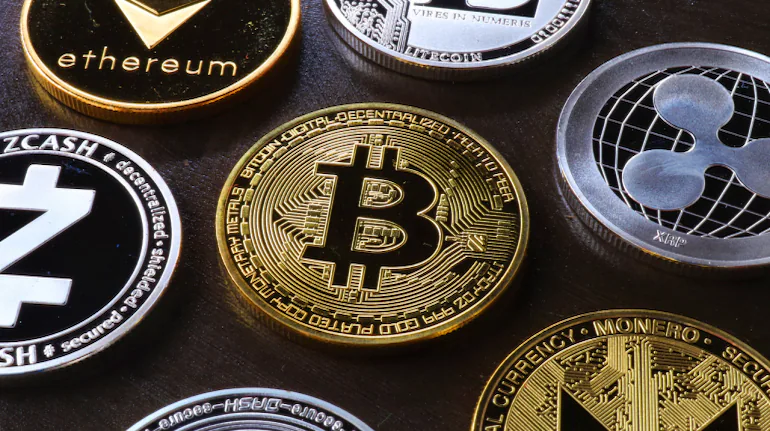Web3 is creating a new genre of NFT-driven music
new genre of NFT-driven music is a new genre of music that is created and distributed using blockchain technology.
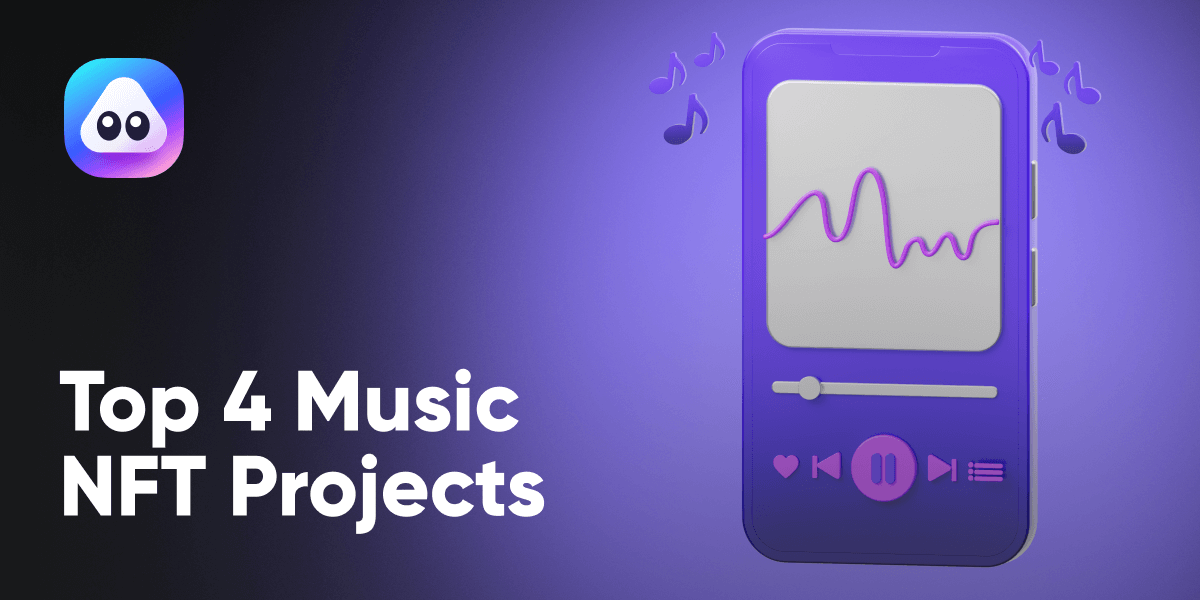
Web3 is the next generation of the internet, built on blockchain technology. It promises to be more decentralized, secure, and transparent than the current web. One of the many ways that Web3 is impacting the music industry is through the creation of new genre of NFT-driven music.
NFT-driven music is a new genre of music that is created and distributed using blockchain technology. NFTs, or non-fungible tokens, are unique digital assets that can be used to represent ownership of anything, including music.
NFT-driven music offers a number of advantages over traditional music distribution methods. For artists, NFTs can provide a direct way to connect with their fans and sell their music without having to go through intermediaries. For fans, NFTs offer a way to own and support their favorite artists in a new way.
In this blog post, we will explore the new genre of NFT-driven music and how it is impacting the music industry. We will also discuss some of the most popular NFT-driven music platforms and projects.
How does NFT-driven music work?
NFT-driven music works by minting NFTs that represent ownership of a piece of music. These NFTs can then be sold on NFT marketplaces. Fans can purchase NFTs to own a unique copy of a song or album.
In addition to ownership, NFTs can also be used to grant fans access to exclusive content, such as behind-the-scenes footage, early access to new music, and meet-and-greets with artists.
Benefits of NFT-driven music
There are a number of benefits to NFT-driven music for both artists and fans.
For artists, NFT-driven music offers a number of advantages, including:
- Direct connection with fans: NFT-driven music allows artists to connect directly with their fans and sell their music without having to go through intermediaries. This can help artists to earn more money from their music and build a stronger relationship with their fans.
- New revenue streams: NFT-driven music opens up new revenue streams for artists. For example, artists can sell NFTs that represent ownership of their music, as well as NFTs that grant fans access to exclusive content.
- Creative freedom: NFT-driven music gives artists more creative freedom. They are not limited by the restrictions of traditional music labels and streaming platforms.
For fans, NFT-driven music offers a number of advantages, including:
- Ownership: NFT-driven music allows fans to own a unique copy of their favorite songs and albums. This is a new way for fans to support their favorite artists.
- Exclusive content: NFT-driven music can also be used to grant fans access to exclusive content, such as behind-the-scenes footage, early access to new music, and meet-and-greets with artists.
- New experiences: NFT-driven music is opening the door to new experiences for fans. For example, some artists are using NFTs to create virtual concerts and other interactive experiences.
Popular NFT-driven music platforms and projects
There are a number of popular NFT-driven music platforms and projects, including:
- Audius: Audius is a streaming platform that allows artists to mint NFTs of their music. Fans can purchase these NFTs to own a unique copy of a song or album.
- Royal: Royal is a platform that allows artists to sell fractional ownership of their music as NFTs. This allows fans to invest in their favorite artists and get a share of their royalties.
- Sound.xyz: Sound.xyz is a platform that allows artists to sell NFTs of their music directly to fans. Fans can also use Sound.xyz to create and sell their own music NFTs.
- Catalog: Catalog is a platform that allows artists to create and sell NFTs of their music, as well as other types of creative assets, such as artwork and videos.
These are just a few examples of the many NFT-driven music platforms and projects that are currently active. As the NFT music market continues to grow, we can expect to see even more innovative and exciting projects emerge.
The future of NFT-driven music
NFT-driven music is still a nascent technology, but it has the potential to revolutionize the music industry. By giving artists more control over their music and providing fans with new ways to support their favorite artists, NFT-driven music is creating a new genre of music that is both innovative and exciting.
Here are some of the ways that we can expect NFT-driven music to impact the music industry in the future:
More artist control
NFT-driven music gives artists more control over their music. They are not limited by the restrictions of traditional music labels and streaming platforms. This means that artists will have more freedom to create the music they want and to distribute it in the way they want.
For example, artists can sell NFTs of their music directly to fans, bypassing intermediaries. This can help artists to earn more money from their music. Artists can also use NFTs to grant fans access to exclusive content, such as behind-the-scenes footage, early access to new music, and meet-and-greets.
New revenue streams
NFT-driven music opens up new revenue streams for artists. In addition to selling NFTs of their music, artists can also sell NFTs that grant fans access to exclusive content, such as behind-the-scenes footage, early access to new music, and meet-and-greets.
Artists can also use NFTs to crowdfund new projects. For example, an artist could sell NFTs to fund the production of a new album or music video. This would allow artists to raise money from their fans directly, without having to rely on traditional funding sources, such as record labels.
New fan experiences
NFT-driven music is opening the door to new experiences for fans. For example, some artists are using NFTs to create virtual concerts and other interactive experiences.
For example, the American rock band Kings of Leon released their album "When You See Yourself" as an NFT. This gave fans the opportunity to purchase limited edition tokens that granted access to exclusive perks and content, such as a virtual concert and a behind-the-scenes documentary.
New possibilities for collaboration
NFT-driven music is also creating new possibilities for collaboration between artists. For example, artists can collaborate to create unique NFTs that feature their music and artwork. This can help artists to cross-promote their work and reach a new audience.
For example, the American rapper Snoop Dogg collaborated with the digital artist Nyan Cat to create a series of NFT music videos. This collaboration helped to introduce Snoop Dogg's music to a new audience and to generate interest in Nyan Cat's artwork.
NFT-driven music is still a nascent technology, but it has the potential to revolutionize the music industry. By giving artists more control over their music and providing fans with new ways to support their favorite artists, NFT-driven music is creating a new genre of music that is both innovative and exciting.
It is important to note that NFT-driven music is still in its early stages of development. There are a number of challenges that need to be addressed before it can be widely adopted. For example, the NFT market is still relatively small and fragmented. Additionally, there are a number of technical and legal challenges that need to be addressed.
Despite these challenges, the potential benefits of NFT-driven music are significant. NFT-driven music has the potential to create a more equitable and sustainable music industry for both artists and fans.
What's Your Reaction?








